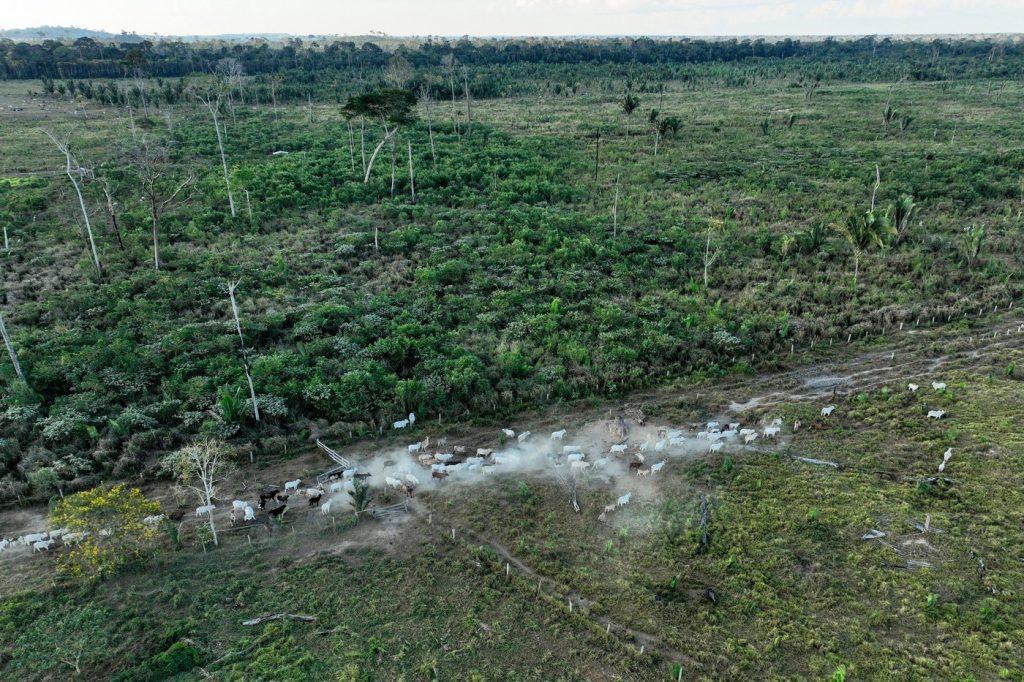BOGOTA, Colombia (AP) — Interpol and international partners have initiated a global law enforcement campaign aimed at dismantling criminal networks that are responsible for illegal logging, timber trafficking, and gold mining. These activities contribute significantly to large-scale deforestation and generate billions in illicit profits annually. This effort was launched on Wednesday, ahead of the U.N. COP30 climate summit set to take place in Brazil.
The campaign will primarily target tropical forests located in Brazil, Ecuador, Indonesia, Papua New Guinea, and Peru. Interpol Secretary General Valdecy Urquiza emphasized the severity of the situation, stating, “Criminals are making billions by looting the planet’s forests. The only way to stop them is through determined law enforcement action and strong international cooperation.”
This initiative is part of the Law Enforcement Assistance Program to Reduce Tropical Deforestation (LEAP) and was announced during the United for Wildlife Global Summit in Rio de Janeiro. The program is led by Interpol in collaboration with the U.N. Office on Drugs and Crime (UNODC) and is supported financially by Norway’s International Climate and Forest Initiative.
The launch follows a successful operation in the Amazon Basin last week, where Brazilian police, assisted by Interpol, dismantled over 270 illegal mining dredges on the Madeira River. This operation significantly weakened criminal organizations associated with gold smuggling across Brazil, Bolivia, and Peru.
UNODC Executive Director Ghada Waly pointed out that illegal deforestation undermines the rule of law and fosters organized crime. She highlighted that the collaborative initiative is focused on ensuring that offenders face accountability, while also supporting local justice systems and communities impacted by these crimes.
Since its inception in 2018, LEAP has progressed from merely mapping timber-trafficking routes to conducting coordinated cross-border investigations that have resulted in the seizure of millions of dollars' worth of illicit timber and minerals. Interpol-led operations in Latin America have uncovered hundreds of environmental crimes, including the destruction of illegal gold-mining dredges in the Brazilian Amazon, along with numerous arrests across nine countries for logging and wildlife trafficking.
The new phase of this program aims to further combat illegal mining in the Amazon Basin, which has become a prominent cause of deforestation and mercury pollution. Additionally, it plans to improve the sharing of intelligence between enforcement agencies to bolster their efforts against these criminals.
Through this comprehensive initiative, Interpol and its partners aim to make significant strides in protecting the world’s vital forest ecosystems, reinforcing the need for collaborative international efforts to tackle environmental crimes effectively.











